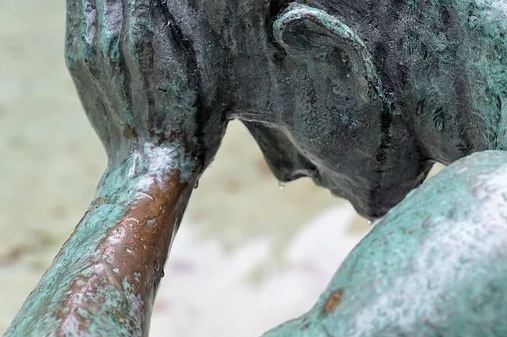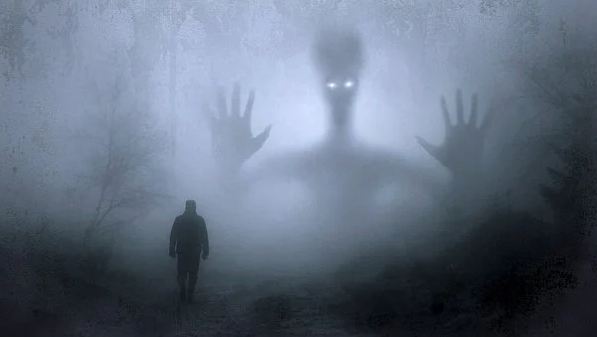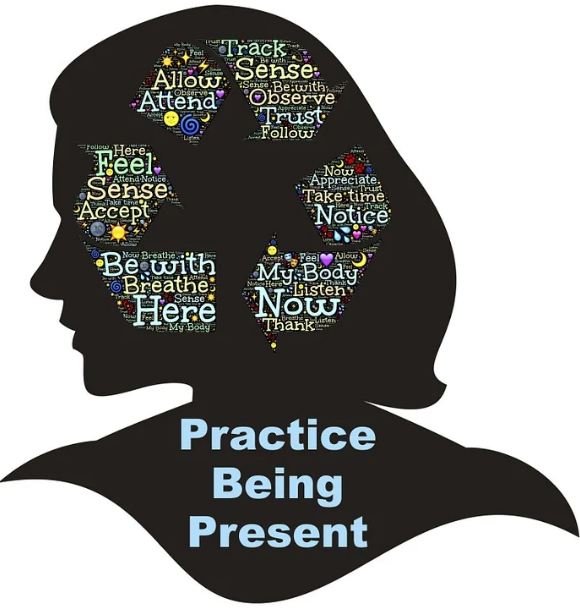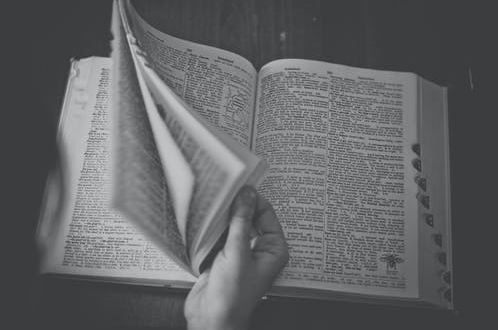Skepticism, also spelled as skepticism, in Western philosophy is the attitude of doubting the knowledge claims in various fields. Skeptics have questioned the relevance or reliability of these claims by asking what principles they are based on or what they claim. They questioned whether some of these statements were, as alleged, undeniable or necessarily true, and they questioned the supposed rational motives for the accepted assumptions.
In everyday life, almost everyone is skeptical about a knowledge claim, but philosophical skeptics doubt the possibility of any knowledge beyond the content of directly felt experience. The original Greek meaning of skeptikos was an investigator, someone who was disgruntled and still searching for the truth.
People Who Promoted Scientific Skepticism
James E. Alcock
He was born on 24 December 1942. He was a Canadian Educator and a Professor of Psychology at York University (Canada) since 1973. He is noted as a critic of parapsychology and a member of the Executive Council for the Committee for Skeptical Inquiry. He was a member of the Editorial Board of the Skeptical Inquirer.
He sat on a panel where the paranormal research with parapsychology and psychic healer was being discussed. Someone asked him if he was closed-minded to the possibility of psi? Alcock responded that there is no good research that would change his position. The experiments that have been done in the past are filled with flaws. They just don’t satisfy the canons of science.
Alcock a long-time member of skeptic’s toolbox faculty used to give lectures on the 4-day workshop that helps the attendees to think critically in their daily lives.
Isaac Asimov
Isaac Asimov born on 2 January 1920 was an American writer and professor of biochemistry at Boston University. He was known for his works in science fiction and popular science. He wrote hard science fiction with Robert A. Heinlein and Arthur C. Clarke. He was considered as one of the Big Three science fiction writers of that time.
Isaac Asimov was the founding member of the Committee for the Scientific Investigation of Claims of the Paranormal, also known as, Committee for Skeptical Inquiry. Asimov was the key figure in the Skeptical movement as said by Kendrick Frazier.
Robert A. Baker
Robert A. Baker known for ghost and UFO investigation critic of psychiatric and pseudoscience and coercion was born on 27 June 1921. He was an American psychologist. Professor of psychology emeritus of the University of Kentucky. He was a skeptic, author, and investigator of ghosts, UFO abductions, lake monsters, and other paranormal phenomena. His parents imprinted skepticism in him at an early age. He was disappointed in knowing that the noises from the nearby haunted cave were natural in origin.
He was known as a ghostbuster, because whenever he encountered some paranormal activity. He used to find a non-paranormal explanation or resolution of these cases. He wrote several books on hypnosis, ghosts, alien abductions, and false memory syndrome after his retirement. He explained paranormal activities as hallucinations, sleep paralysis, and hidden memories. He wrote numerous articles for Skeptical Inquirer.
Steven Shaw
Born on 30 November 1960 Steven Shaw is an English Mentalist, Magician, and Though Reader. Banachek became the attention of the public when Steven Shaw plays like a teenage role for James Randi’s Project Alpha Experiment. It exposed the lack of objectivity in parapsychology research. He is currently a fellow of the Committee for Skeptical Inquiry.
He demonstrated his ability to bend forks on media. He predicted newspaper headlines ten days in advance of publication.
Stephen Barret
Stephen Joel Barret born in 1933, was an American retired psychiatrist, author, co-founder of the National Council Against Health Fraud, webmaster of a Quack watch. He used to run a number of websites for quackery and health fraud. His focus was on scientific skepticism, medical ethics, and consumer protection.
He was marked as an outstanding skeptic of the 20th century by Skeptical Inquirer magazine. His anti-quackery activities intensified his interest and concern in distinguishing science from pseudoscience, quackery, and fraud.
Barry Beyerstein
Barry L. Beyerstein born in 1947, was a scientific skeptic and a professor of psychology at Simon Fraser University in Burnaby, British Columbia. He explored the mechanism of the brain about perception and consciousness, the effect of drugs on the brain and mind, sense of smell, and lesser-known contributions to human cognition and emotion. He was the founder and the chair of BC Skeptics Society and a member of the Committee of Skeptical Inquiry.
His contribution to the Committee of Skeptical Inquiry was that he wrote for Skeptical Inquirer Magazine. After that, he was elected to the Executive Council. He appreciated being part of the Skeptical Committee that all the work done by the members of this committee are underappreciation in academic. In an article for Skeptical Inquirer Magazine, Beyerstein outlined 10 errors and biases that can lead people to perceive the incorrect medical benefits from ineffective treatments.
Susan Blackmore
Susan Jane Blackmore born in 1951 is a British writer, lecturer, skeptic, broadcaster, and a visiting professor at the University of Plymouth. Her fields of research are memetics, parapsychology, and consciousness. In an article, Blackmore carried out a large study between 1996 and 1999 for paranormal experiences. The results fell within the definition of sleep paralysis.
She had researched memes and evolutionary theory. All of her studies are related to consciousness and yet she has not stopped questioning the reason for being conscious.
Maarten Boudry
Maarten Boudry born in 1984 is a Dutch-speaking Belgian philosopher and skeptic. He has been a researcher and also teaching a member of the Department of Philosophy and Moral Sciences at Ghent University. He is mainly known for his skepticism and critical attitude towards pseudoscience. His main interests are the study of pseudoscience in all its forms and expressions.
He wrote a book with philosopher Johan Braeckman offering the arguments against para science, pseudoscience, blind faith, wishful thinking, astrology, irrationality, etc.
Derren Brown
Derren Brown born in 1971, is an English mentalist, illusionist, painter, and author. Since his show, Debut with Derren Brown: Mind Control in 2000, he has produced several other shows on television in both series and specials. He claims to have no supernatural powers but all his acts are designed to expose the methods of those who claim the faith healers and mediums.
He achieved all of his actions through magic, suggestion, psychology, misdirection, and showmanship.
Robert Todd Carroll
Robert Todd Carroll born in 1945 and died in 2016, was an American writer and academic. He is best known for The Skeptic’s Dictionary. He was elected as a fellow of the Committee for Skeptical Inquiry. He was a naturalist, an atheist, a materialist, a metaphysical libertarian, and a positivist. He became skeptical when he had doubts about Santa Claus. He started investigating controversial beliefs.
He started writing skeptical content in 1992. In 1994, Carroll and his wife took training about the internet and HTML. Then he started the Skeptic’s Dictionary Website, where he used to post articles for his students. Volunteers then assisted in editing it and translated it into dozen languages. The positive feedback motivated him to keep doing his work on skepticism and he used to speak at several skeptic conferences.
Verdict
This article mentions some of the top 10 people who promoted scientific skepticism. It was based on their studies and researches. All of these people had their research and skeptical thoughts on the practices of science. This led them to be part of the skeptic movement.




